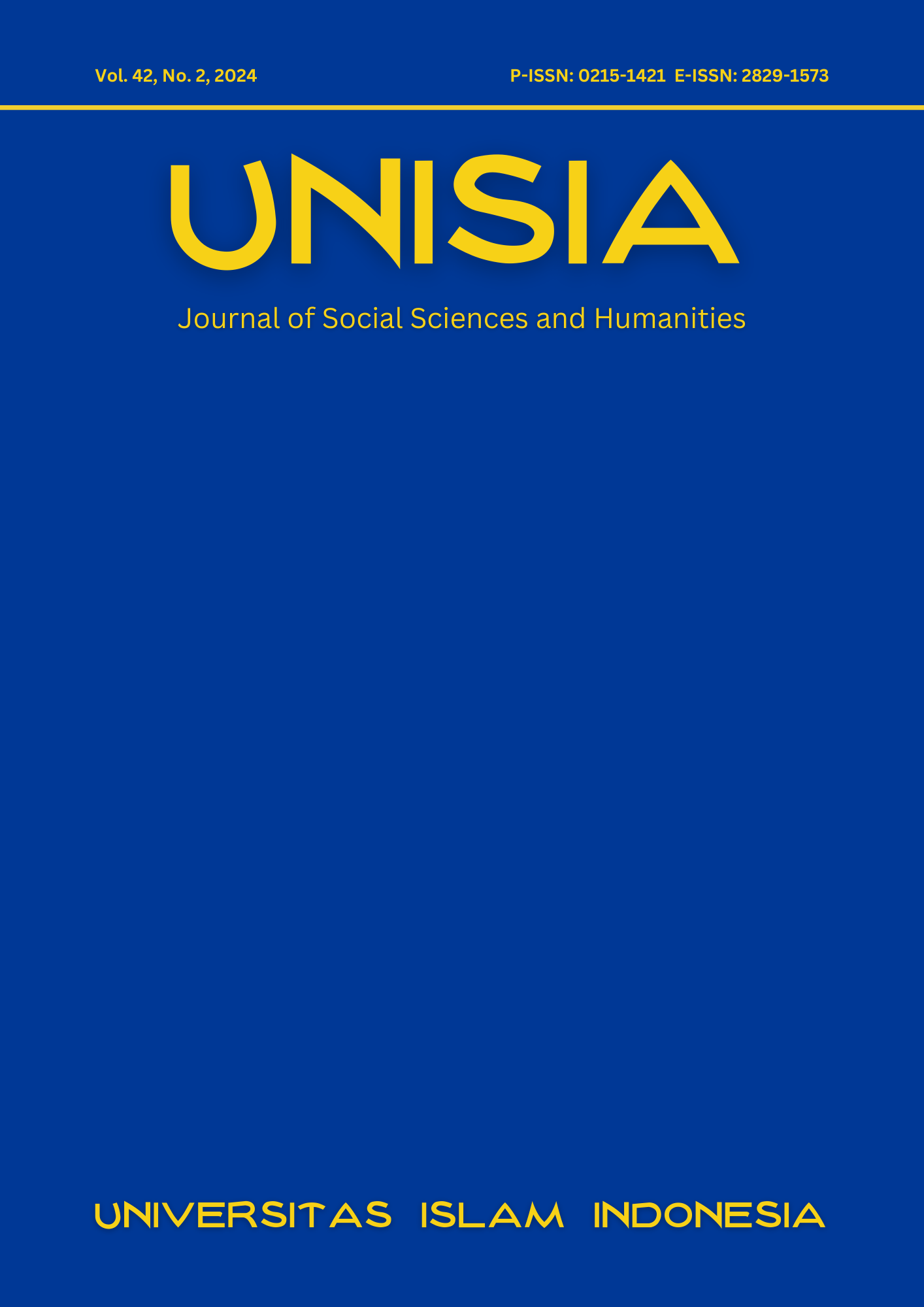Main Article Content
Abstract
Effective monitoring of groundwater resources is crucial in the context of changing global climate conditions. In the Punjab Province of Pakistan, groundwater monitoring is currently ongoing under the Punjab Irrigation Department; however, this faces challenges in precise monitoring due to reliance on conventional methodologies and insufficient community participation. For holistic and scientific monitoring of groundwater, a project entitled “Improving groundwater management to enhance agriculture and farming livelihoods in Pakistan,” funded by the Australian Centre for International Agricultural Research (ACIAR), has been implemented- nearing completion- at pilot sites in Punjab province along with other two provinces. Automatic data loggers have been installed in the pilot study sites within the Lower Bari Doab Canal (LBDC) region to get continuous records of groundwater levels and quality. Onsite training and awareness sessions have been arranged to involve and sensitize local communities about changing trends of groundwater levels and quality. This paper provides an overview of the existing monitoring network in the Punjab province of Pakistan, the limitations of the current system, and the innovative enhancements introduced through the ACIAR project. It has been observed that groundwater level has dropped significantly in the study area due to over-exploitation.
Keywords
Article Details
Copyright (c) 2024 Ghulam Zakir-Hassan, Saleem Akhtar, Mobushir Riaz Khan, Jehangir F. Punthakey, Saira Akhtar, Faiz Raza Hassan, Ghulam Shabir

This work is licensed under a Creative Commons Attribution-ShareAlike 4.0 International License.
- Authors retain copyright and grant the journal right of first publication with the work simultaneously licensed under a Creative Commons Attribution License that allows others to share the work with an acknowledgement of the work's authorship and initial publication in this journal.
- Authors are able to enter into separate, additional contractual arrangements for the non-exclusive distribution of the journal's published version of the work (e.g., post it to an institutional repository or publish it in a book), with an acknowledgement of its initial publication in this journal.
- Authors are permitted and encouraged to post their work online (e.g., in institutional repositories or on their website) prior to and during the submission process, as it can lead to productive exchanges, as well as earlier and greater citation of published work.




